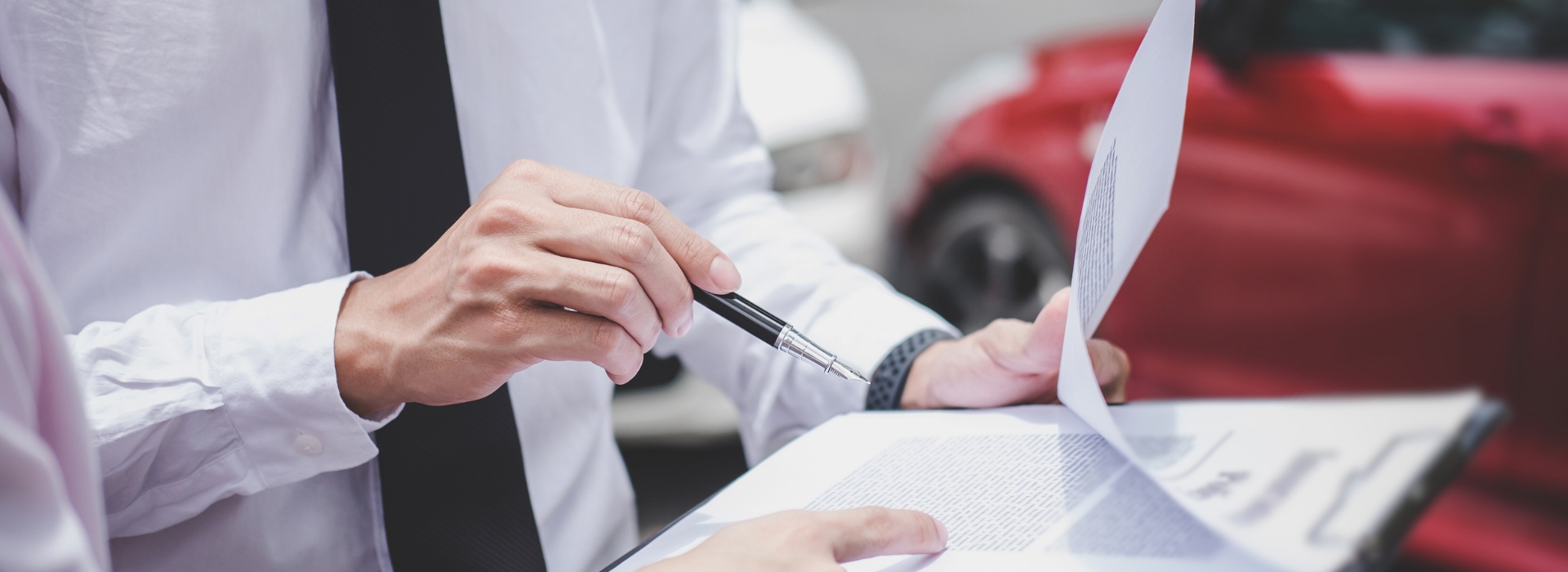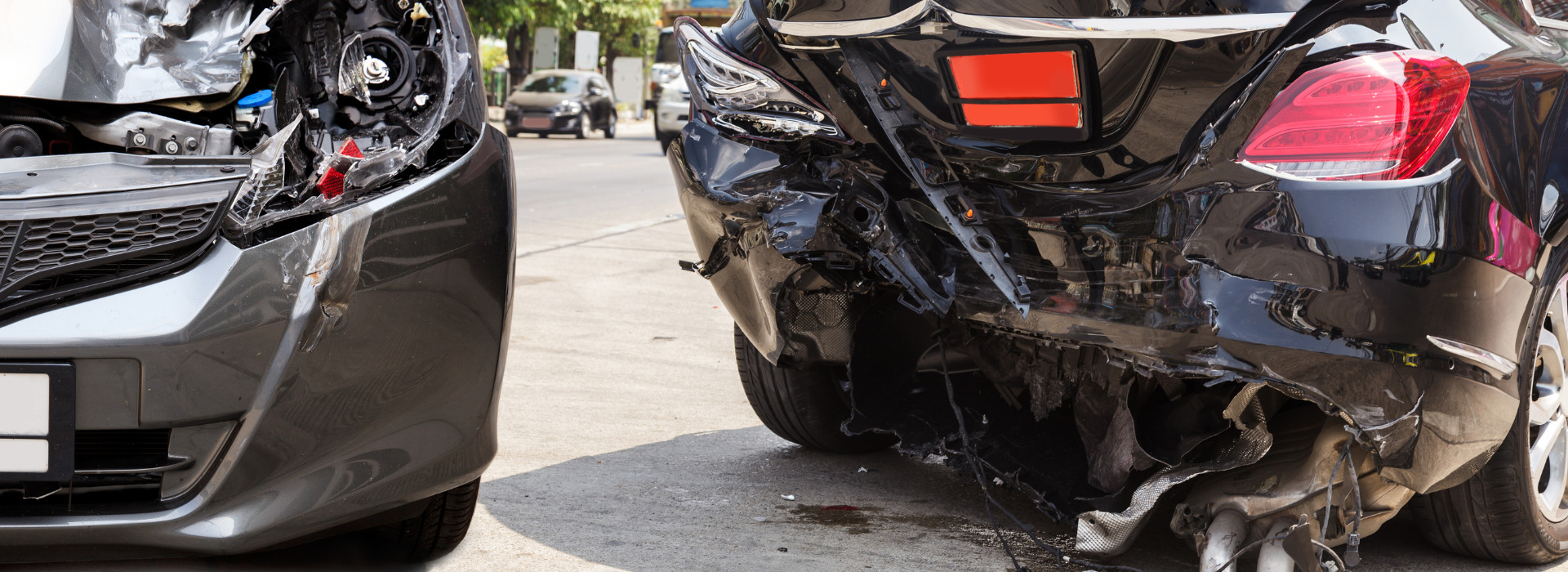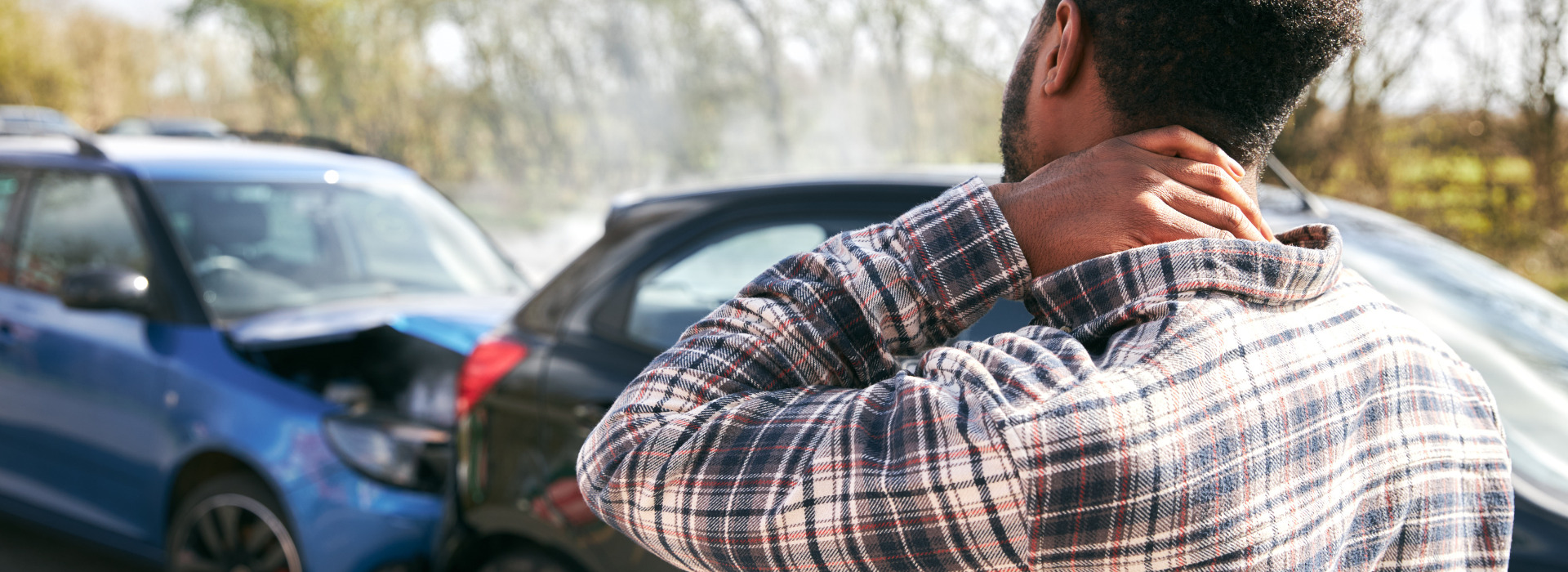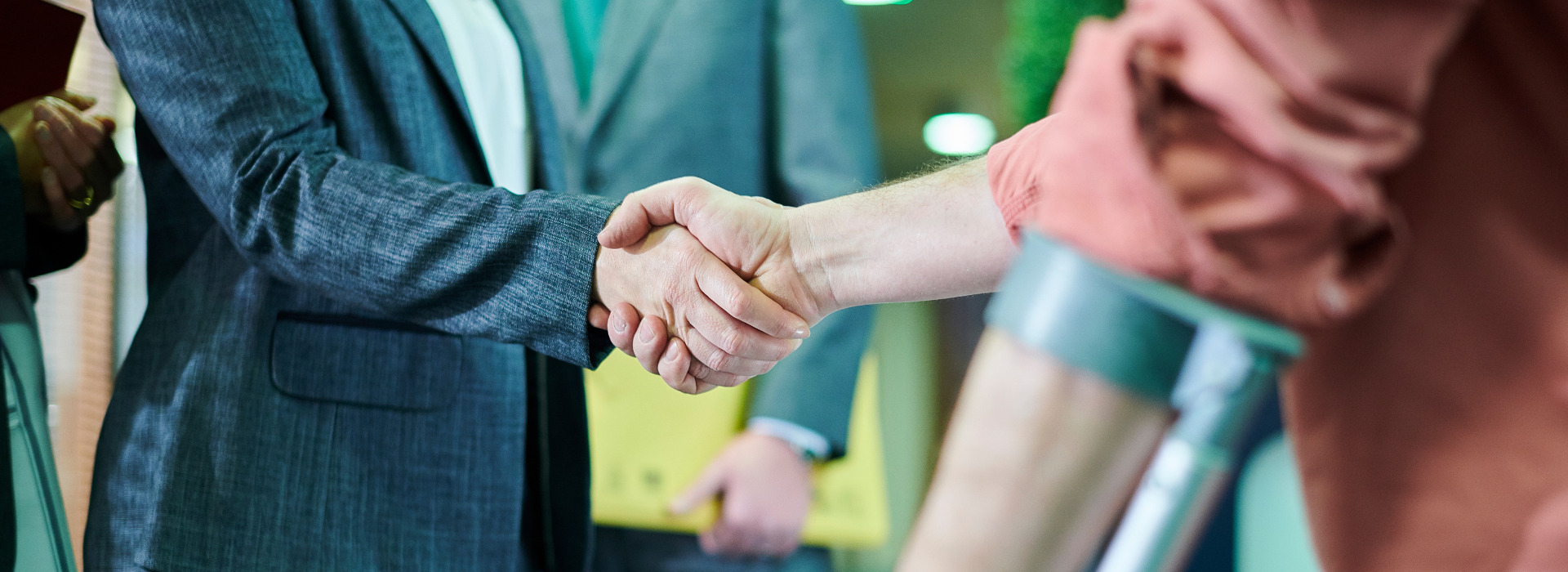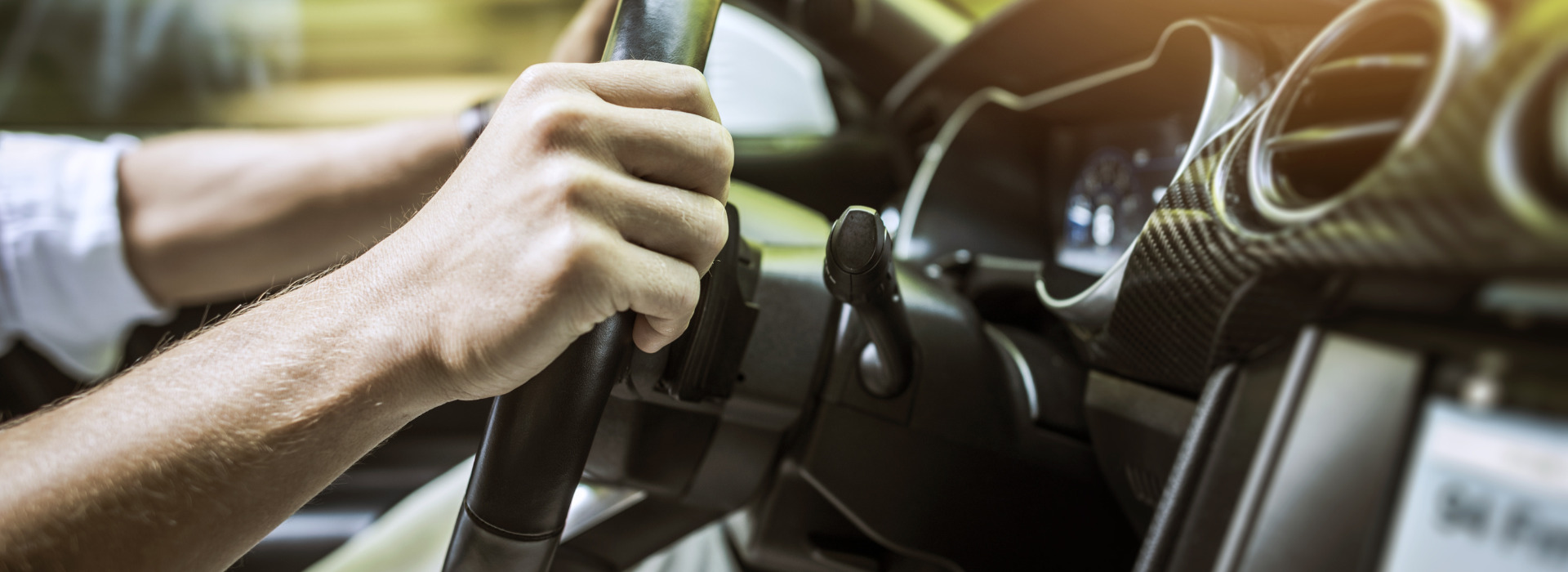Personal injury claims are a multi-stage process, and the examination for discovery is one important pre-trial step for you to get fair compensation after an accident. Here’s what the process usually looks like:
- Start with a free consultation.
- Hire an experienced personal injury lawyer and develop a strong legal strategy.
- Get medical assessments to document your injuries and aid your recovery.
- File your personal injury lawsuit (usually within two years of the accident).
- Start settlement negotiations.
- Questioning for discovery/examination for discovery.
If at this stage, the insurer has not offered a fair settlement for your injuries, then we proceed to steps 7 and potentially 8:
- Alternative Dispute Resolution, often mediation.
- Trial (and then onto appeals if the trial outcome was incorrect).
Note that it is very uncommon for your personal injury claim to proceed to trial.
This article explores the examination for discovery step, known as questioning for discovery in Alberta, in detail.
What Is Examination For Discovery In Personal Injury Claims?
Questioning for discovery is a step in the litigation process where the at-fault driver’s insurer’s lawyer will ask you questions about the accident, including specific details about the car accident, truck accident, bicycle accident, or any other type of collision. They do this to make an assessment of your file so they can work out what they think a fair settlement for your injuries looks like.
Questioning for discovery typically takes a full day, and it can be quite intense and repetitive. It is also a formal part of the court process, which means that there will be a Court Reporter present to take down all of the questions and answers. These will be used to produce transcripts, which may be used as evidence for trial – if your matter goes to trial.
In terms of what the questioning for discovery process looks like in practice, you and your personal injury lawyer will usually appear virtually. There will be a Court Reporter present, as discussed above, and there may also be lawyers for the at-fault driver’s insurer and potentially representatives from the insurer.
Questioning For Discovery In Alberta
This part of the process is called Questioning in Alberta, but it’s referred to as Examination for Discovery in the rest of Canada. If you’ve watched any US-based legal series on TV, then you’ll know it as a deposition.
It is worth noting if you’ve seen depositions on TV that the questioning process is not as adversarial as it is portrayed in fictionalized shows. It is not a part of the process that is designed to trick you into saying something incriminating. It is designed to help both parties understand the strengths and weaknesses in your claim, and to build a foundation for a fair settlement.
Why Am I Being Examined at an Examination for Discovery?
The examination for discovery stage of the personal injury claim process is an important step for fact-finding and assessing damages. What you say at this stage might be used for the following reasons:
- Determining the extent of the impact your injuries have had on your life.
- Assessing whether you are a credible narrator.
- Narrowing the legal issues in your case.
- Identifying the strengths and weaknesses of your case to avoid surprises in court.
- Gathering information to make a settlement offer.
- Preparing for trial, including identifying witnesses, anticipating legal arguments, and deciding on a strategy for questioning in court.
While this part of the process can be extremely stressful, it is an essential step in the legal process. So it’s important to have a team you can trust to help you prepare for questioning.
Preparing For Discovery In An Injury Claim
James H Brown will draft your affidavit of records for your review which includes all the relevant records we provide to the other side. You will go through all these records with your lawyer in preparation for the questioning. The records produced are relevant for the litigation process and may include items like family doctor records, employment records and treatment records. We will prepare you in advance of the questioning.
Tips To Help You Prepare For Questioning
These tips can help you prepare for the questioning process in your personal injury claim:
- Be honest and answer the questions to the best of your ability.
- If you do not understand a question, you can let them know that you did not understand and ask them to repeat or rephrase the question.
- If you cannot remember details, do not guess. You can respond that you do not remember.
- Wait for the lawyer to ask the full question before answering.
- Anytime you need a break, please let the court reporter and lawyers know that you require a break; It is not a race.
- Do not exaggerate or talk in absolutes. Avoid words like ‘always’ and ‘never’.
- Finally, answer only what is asked by giving short but sweet answers. Do not give more detail than necessary.
We know that questioning can be a very stressful process as you have to relive the accident. Rest assured that we will be there with you every step of the way.
What Questions Will Be Asked At Examination For Discovery After A Car Accident?
Questioning is a very important step in the process where the at-fault driver’s insurer’s lawyer will get to know you, learn what happened, and assess your credibility.
While every questioning is different, we often see questions that fall into the following categories:
- How the accident happened
- What injury or injuries you suffered
- Where you work now and your employment history
- Whether you had any pre-existing health concerns or medical conditions
- What your treatment and care has looked like
- What your future care and treatment looks like.
It’s likely that they will ask you very specific questions that fall into these categories. The questions will vary depending on the specifics of your accident and your injury.
How Long After Discovery Is Settlement In Canada?
Your personal injury claim can settle at any point in the eight steps of the process outlined above. There is no time or stage of a personal injury claim where it’s best to settle your matter. Instead, it’s usually better to focus on building a strong case and developing a good strategy to maximize your chances of receiving a fair settlement as early as possible.
The process to your fair settlement starts with a free consultation with the personal injury lawyers at James H. Brown & Associates. You can book your free consultation to get started today.


